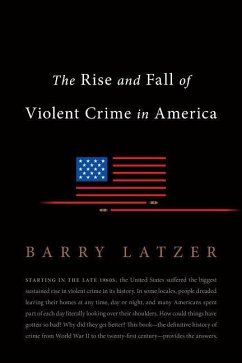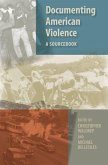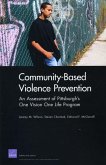A compelling case can be made that violent crime, especially after the 1960s, was one of the most significant domestic issues in the United States. Indeed, few issues had as profound an effect on American life in the last third of the twentieth century. After 1965, crime rose to such levels that it frightened virtually all Americans and prompted significant alterations in everyday behaviors and even lifestyles. The risk of being mugged was a concern when Americans chose places to live and schools for their children, selected commuter routes to work, and planned their leisure activities. In some locales, people were afraid to leave their dwellings at any time, day or night, even to go to the market. In the worst of the post-1960s crime wave, Americans spent part of each day literally looking back over their shoulders. The Rise and Fall of Violent Crime in America is the first book to comprehensively examine this important phenomenon over the entire postwar era. It combines a social history of the United States with the insights of criminology and examines the relationship between rising and falling crime and such historical developments as the postwar economic boom, suburbanization and the rise of the middle class, baby booms and busts, war and antiwar protest, the urbanization of minorities, and more.








